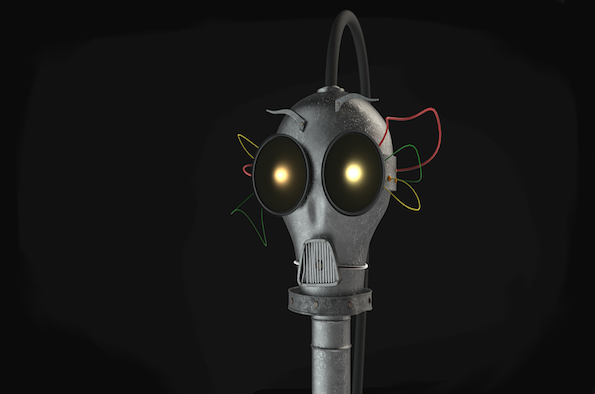
More than just ‘Science Fiction’
- Dr Helen Thomas (School of the Arts)
- Suitable for: All welcome.
- Admission: Free
- Event website
- Book now
Add this event to my calendar
Click on "Create a calendar file" and your browser will download a .ics file for this event.
Microsoft Outlook: Download the file, double-click it to open it in Outlook, then click on "Save & Close" to save it to your calendar. If that doesn't work go into Outlook, click on the File tab, then on Open & Export, then Open Calendar. Select your .ics file then click on "Save & Close".
Google Calendar: download the file, then go into your calendar. On the left where it says "Other calendars" click on the arrow icon and then click on Import calendar. Click on Browse and select the .ics file, then click on Import.
Apple Calendar: The file may open automatically with an option to save it to your calendar. If not, download the file, then you can either drag it to Calendar or import the file by going to File >Import > Import and choosing the .ics file.
More than just ‘Science Fiction’: what can stories teach us about Artificial Intelligence?
The prospect and reality of Artificial Intelligence has long fascinated creators of fictional worlds. But they are not ‘merely’ science fiction, so what might such representations actually reveal? In a whirlwind tour of examples of the technology, from literature, film, and computer games, Dr Will Slocombe explores some of the dominant trends at work in these representations and considers how they relate to our expectations of the future. Dr Will Slocombe, Senior Lecturer in the Department of English, will be joined by guest AI scientist, Dr Louise Dennis.
The lecture will be followed by a live Q&A session.
This lecture is the fifth and final event in the University of Liverpool's 2021 Series of Public Lectures in the Arts on the theme of WORD - IMAGE - POWER.
Presented by the University of Liverpool School of the Arts
